Ajwain / vaammu
₹129
Ajwain, also known as Carom seeds or Vaammu, is a versatile aromatic herb with a long history of use in traditional medicine and culinary practices. This hardy annual plant is prized for its pungent, slightly bitter flavor and numerous health benefits. Cultivating Ajwain at home allows you to enjoy fresh, organic seeds and leaves while adding a unique touch to your garden.
58 people are viewing this product right now
🔥 4 items sold in last 3 hours
Ajwain, also known as Carom seeds or Vaammu, is a versatile aromatic herb with a long history of use in traditional medicine and culinary practices. This hardy annual plant is prized for its pungent, slightly bitter flavor and numerous health benefits. Cultivating Ajwain at home allows you to enjoy fresh, organic seeds and leaves while adding a unique touch to your garden.
Key Features & Benefits
- Culinary Versatility: Ajwain seeds are widely used in Indian, Middle Eastern, and Mediterranean cuisines to enhance the flavor of curries, dals, breads, and pickles.
- Medicinal Properties: Traditionally used to aid digestion, relieve gas, and soothe respiratory issues.
- Aromatic Fragrance: The plant emits a strong, distinct aroma that can deter certain pests and attract beneficial insects.
- Easy to Grow: Ajwain is a relatively low-maintenance herb that thrives in warm climates.
- Attractive Foliage: The plant features delicate, feathery leaves that add visual interest to your garden.
Plant Care Guide
Ideal Plantation Locations
Ajwain prefers warm climates with plenty of sunshine. It thrives in well-drained, sandy-loam soil. Suitable regions include India, Pakistan, Iran, and other parts of South Asia and the Mediterranean.
Planting & Gardening Instructions
- Location: Choose a sunny location in your garden or a well-lit container.
- Soil Preparation: Prepare the soil by loosening it and mixing in some compost or well-rotted manure.
- Planting: Sow seeds directly into the soil at a depth of about 1/4 inch.
- Spacing: Maintain a spacing of 6-8 inches between plants.
Watering
Water regularly, ensuring the soil remains moist but not waterlogged. Reduce watering frequency during the cooler months.
Fertilizers
Apply a balanced organic fertilizer once a month during the growing season.
Repotting Instructions
If grown in containers, repot Ajwain into larger pots as it grows. Use well-draining potting mix.
Fruiting Season
Ajwain typically flowers within 2-3 months of sowing. The seeds mature and are ready for harvest 2-3 weeks after flowering.
Usage Ideas
- Use fresh or dried Ajwain seeds in cooking.
- Brew Ajwain tea for digestive relief.
- Grow as a companion plant to deter pests from other crops.
- Utilize the leaves and seeds for medicinal purposes.
Care Tips
- Regularly weed around the plants to prevent competition for nutrients.
- Protect Ajwain plants from excessive rainfall.
- Harvest seeds when the seed capsules turn brown and dry.
Only logged in customers who have purchased this product may leave a review.
₹99
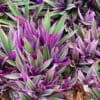
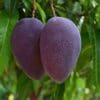
₹1,299
Related products
Designed, Developed & Maintained by Growww.
Copyright © 2024 Ashok Chakra Nursery

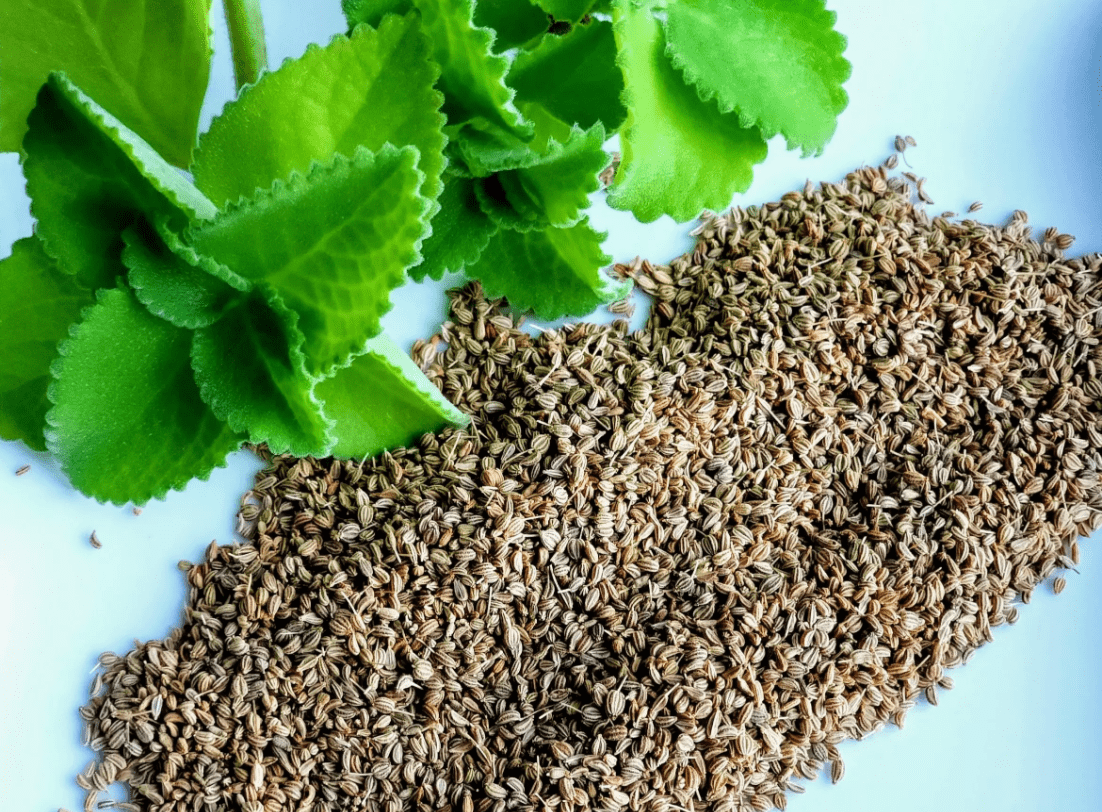
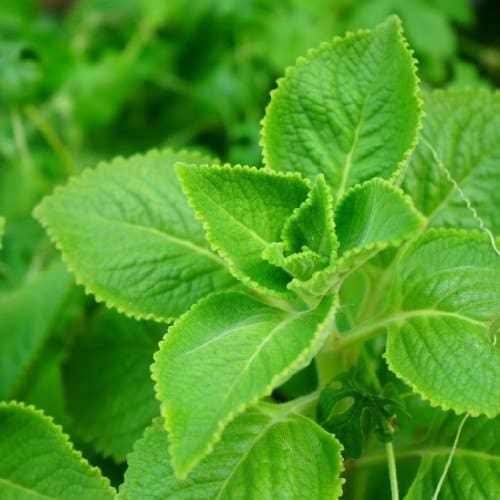
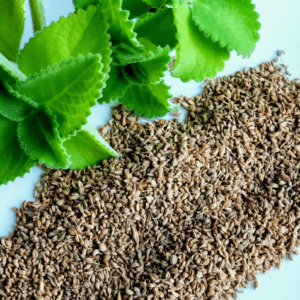
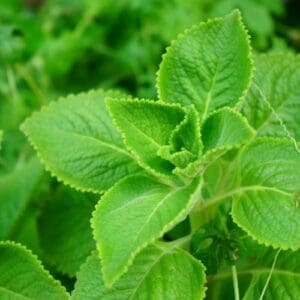
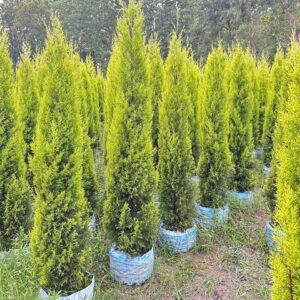
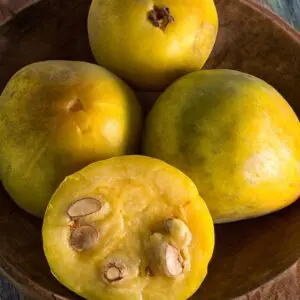
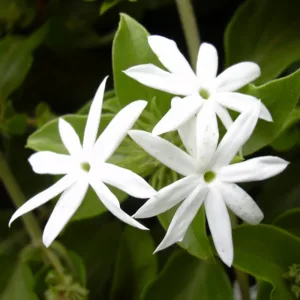

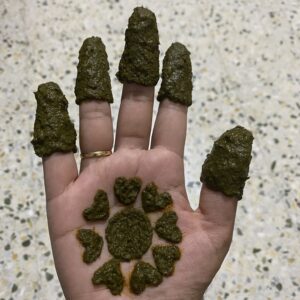
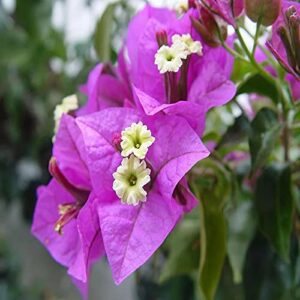
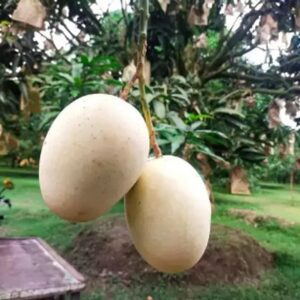
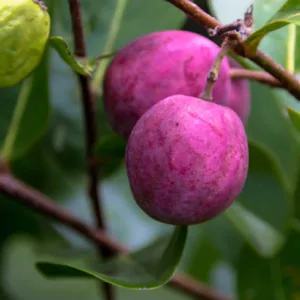
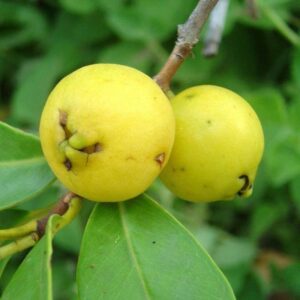
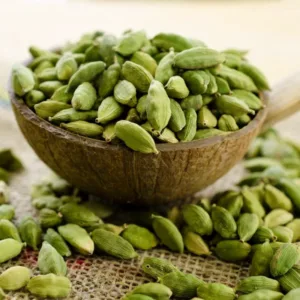
Reviews
There are no reviews yet.